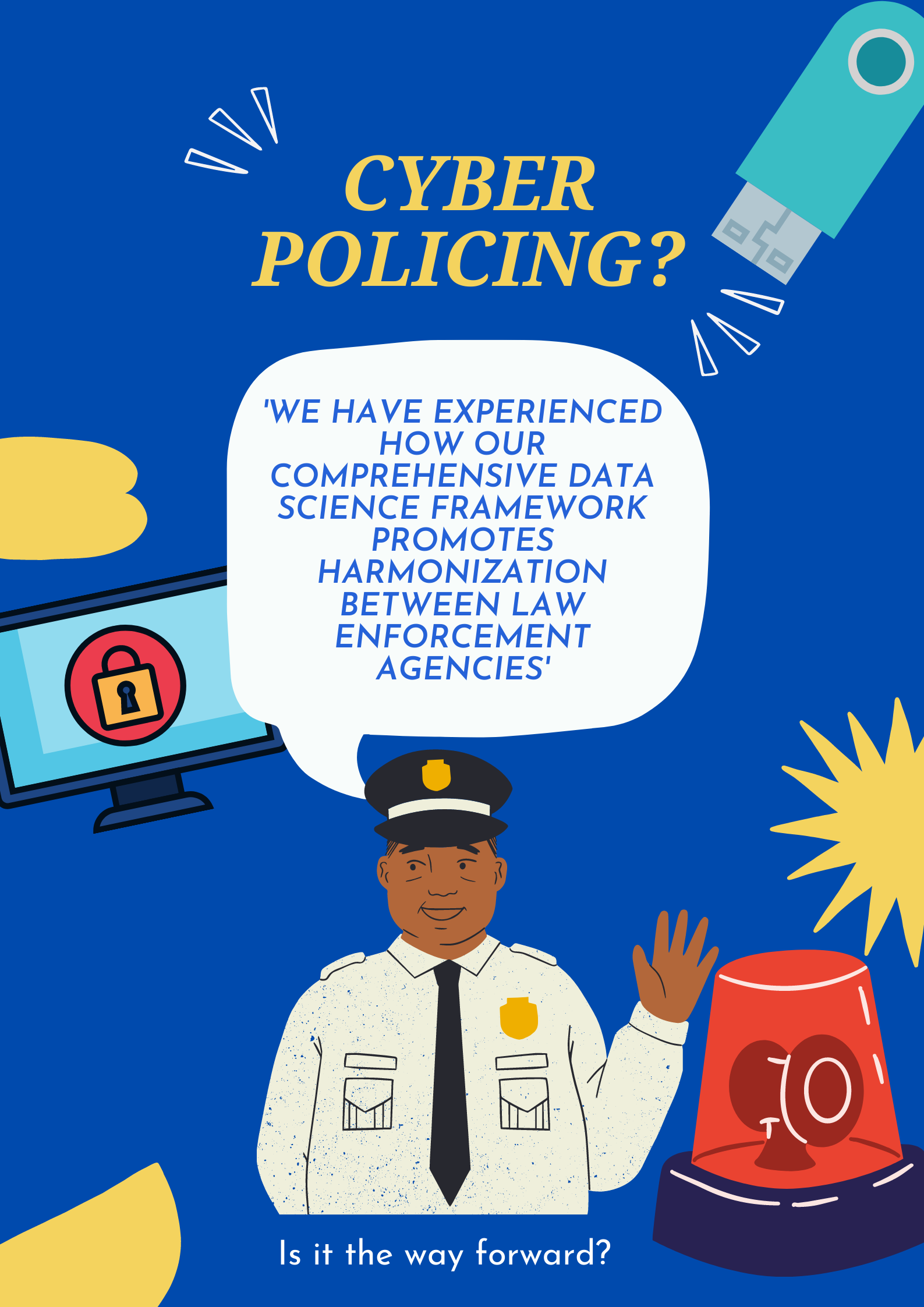By Alejandro Ortega, Third Year, Physics
New Bristol cyber-security centre explores the potential opportunities and pitfalls of police algorithms when analysing digital devices.
The most exciting set-pieces of the television show Line of Duty are surely the tense and thrilling 25-minute interview scenes. Policing has involved subjecting suspects to questioning for years and since the 1970s, that questioning has often been informed by forensics.
Nowadays, the age of the internet has brought about whole new ways of committing crimes and therefore new ways of bringing criminals to justice. A paper from a new academic group, centered at the University of Bristol, have made recommendations for how to best use digital evidence in suspect finding, in light of the legal, technical and political issues that are involved.

Their comprehensive framework named CSAE (Collect, Store, Analyse, Engage) consists of methodology, policy agenda and public interest philosophy for data operations.
Let’s say you’re investigating an organised crime group that sends phishing emails to small businesses in order to install malware on their computer and transfer money. You’ve successfully tracked down one of the members of this group, but they’re not talking. You confiscate their phone and laptop - surely these must contain some clues about who else is part of the group?
Perhaps, but the information that might help your investigation could be located on either device, squirreled away in different folders. It could also span different file formats - email/text messages, location data, PDFs or phone records. The first thing to do would be to collect all of the potentially relevant files and put them all in one searchable database.
🗣️ New white paper by the REPHRAIN Practitioner-in Residence, Erik van de Sandt - presenting CSAE, a comprehensive framework for data scientific operations and investigations. Details below 👇👇👇 pic.twitter.com/m4onI9rfnt
— REPHRAIN National Research Centre (@REPHRAIN1) March 22, 2021
It would of course be technically possible for someone to do this manually, but the process is far too laborious and expensive. Instead, Bristol researchers have recommended using a computer program to quickly extract all the potentially relevant information from each file and store them in an easily searchable database.
The vast majority of the files in a database probably aren’t relevant to the case – maybe they’re casual internet browsing or text messages to friends. Due to the sheer volume of messages, no human would be able to keep track of throwaway comments in earlier emails that turn out to be vital to solving the case. Cutting-edge computer programmes can keep all previous messages in mind as they sift through later messages and pick out suspicious activity.
The prevalence of digital evidence clearly has the potential to make policing cheaper and more effective
Erik Van De Sandt, research fellow from the University’s Computer Science department, noted that: ‘We have experienced how our comprehensive data science framework promotes harmonization between law enforcement agencies as well as critical thinking by academics.’ However, the technology does not come without limitations.

If the main use of the algorithm is to find the needle in a haystack, how do we know that what has been found is indeed a needle and not just a fastening pin? What happens when the algorithm makes a mistake?
Imagine that the algorithm sees that, about once a week, the suspect texts a woman and then meets her in person. The texts seem suspicious – the algorithm thinks they’re talking in code. The algorithm identifies this woman and suggests she should be brought in for questioning.
In reality, this woman could simply be the suspect’s innocent mother. The algorithm could be confused by the non-literal content of their messages because despite all their strengths, computer programs are notoriously bad at understanding jokes. To counteract this, Bristol researchers recommend that any findings made by the computer program be manually checked by police officers.
Opinion | Security staff wearing body cameras may be invasive but it is necessary
SU warns not to open link in suspected hack of student email
The prevalence of digital evidence clearly has the potential to make policing cheaper and more effective. However, there are potential pitfalls along the way which are still being recognised by University of Bristol researchers, who acknowledge that there are more suggestions to be made on how to make the most of this new technology.
Featured Image: Epigram / Sarah Dalton
How much do you rely on digital algorithms in your daily life?









